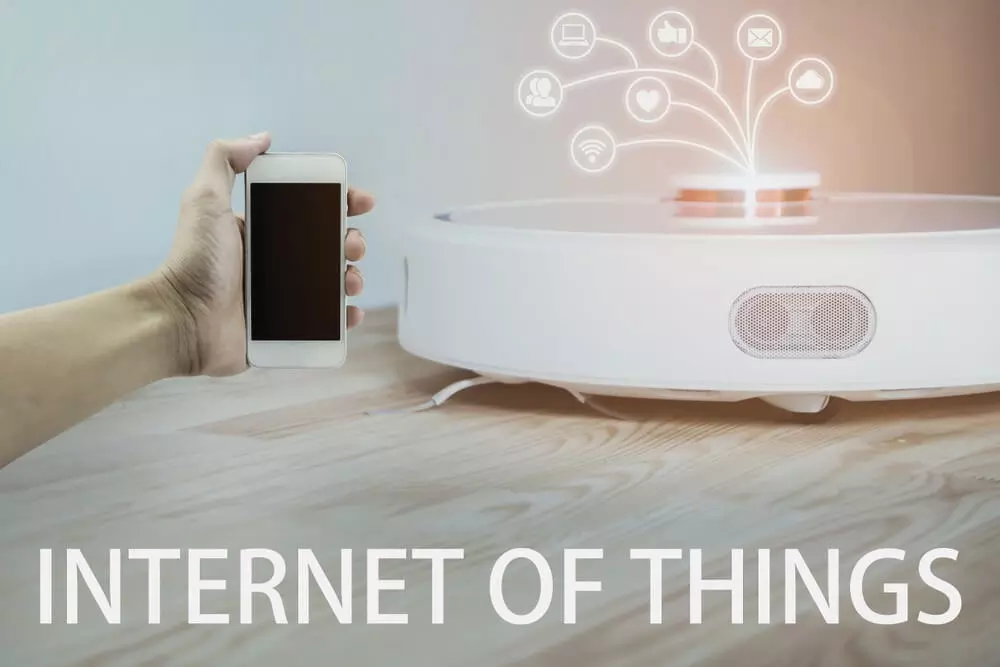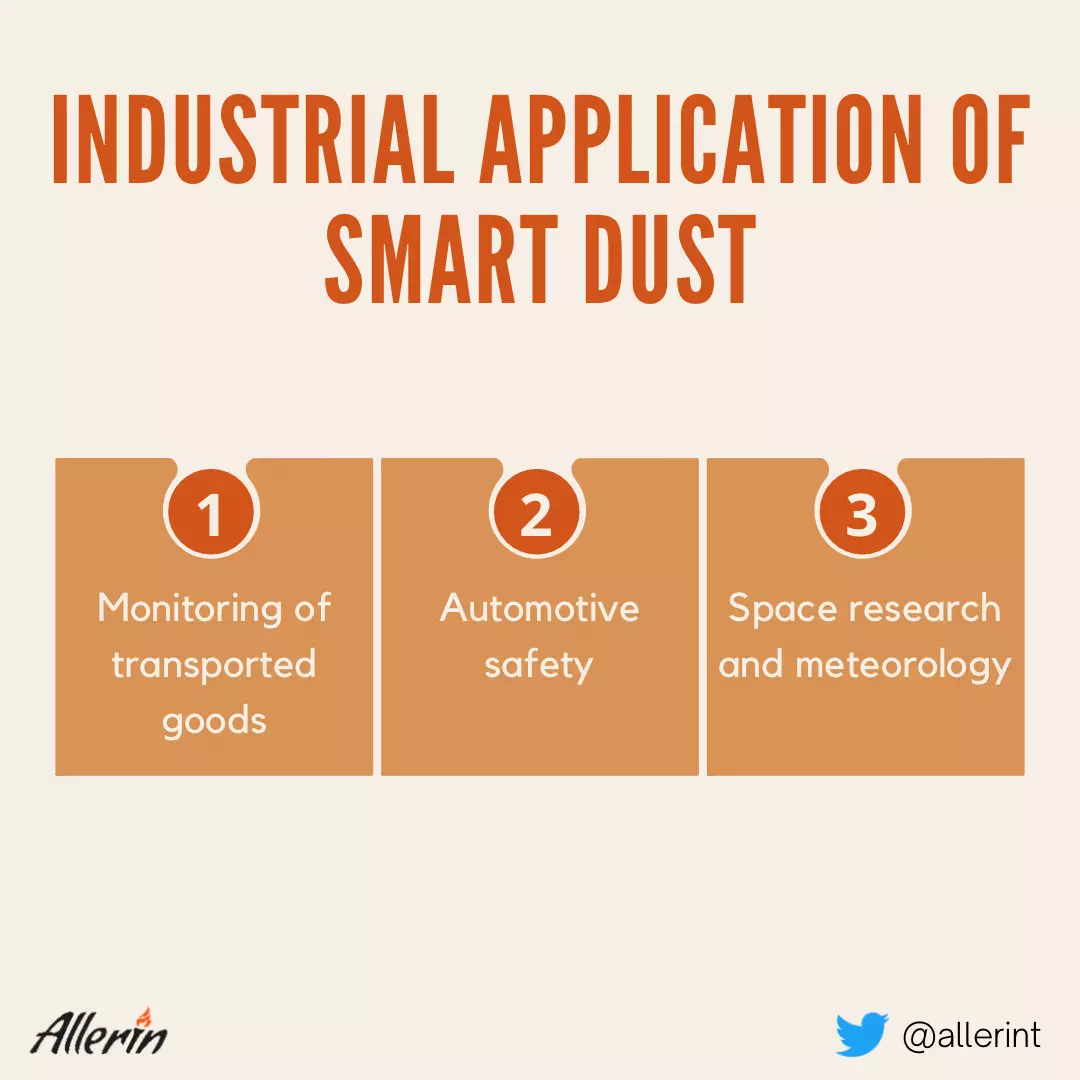Smart dust is one of the inventions in the field of nanotechnology that has a wide array of functionalities in organizations.
Here we go through a couple of its mainstream industrial applications.
As you already know, smart devices are steadily getting smaller and smaller in size over the years while becoming more and more powerful and efficient operationally. Not quite content with devices and systems that fit the palm of your hand, today’s technological components are tiny enough to sit on your index finger by the dozen. Accordingly, it is believed that nanotechnology will be the future of IoT in organizations. Providing a nano-glimpse of this future is smart dust, the latest, and perhaps the tiniest, technological marvel yet.
Smart dust is generally an IoT-based network of several small microelectromechanical systems (MEMS), including sensors, robots, microchips, or other nanodevices. These devices provide regular IoT functionality with massive space savings. Smart dust is used to detect and relay information about aspects such as light, temperature, humidity, magnetic fields, among other parameters in an operational setting. Smart dust components are generally spread out over a wireless network to carry out detection of the above-mentioned (and more) details via radio-frequency identification (RFID). Some of the industrial applications of smart dust are listed below.
1. Transportation of Goods
Smart dust systems can be applied in the transportation sector to monitor goods being whisked away from warehouses to shipping ports or vice versa. Smart dust-powered monitoring can be carried out for other transportation purposes as well. Often, manufacturers of sensitive or perishable goods, such as sculptures, precious appliances, and chemicals, may want the monitoring equipment to be as small as possible to make its size less of a problem during the transportation of such goods. Smart dust systems can efficiently track delivery vehicles of all sizes in real-time. Therefore, information related to damage of goods or an alteration in temperature, humidity inside the van is communicated with the concerned operational manager.
2. Vehicular and Passenger Safety
Micro-sized intelligent sensors have applications in automotive safety for the driver and his or her fellow passengers. Systems such as Electronic Brakeforce Distribution (EBD), Sleep monitoring can use smart dust for their functionality. Modern Supplemental Restraint System (SRS) airbags may contain smart-dust powered accelerometers for quicker deployment in case of collisions. Another application of smart dust is sensors to monitor the tire pressure of a vehicle continually.
3. Space Research and Meteorology
As we have seen earlier, smart dust sensors are primarily deployed in areas where using conventional detection systems would be impractical or difficult to place. So, international space exploration organizations can use nanoparticles to accumulate data from the moon or other faraway planets or stars during unmanned expeditions. Additionally, smart dust particles can be used by meteorologists in weather stations to sense potential calamities such as hurricanes, tornadoes, and earthquakes. Such systems scan the underlying climate and weather changes to forecast the likelihood of such disasters.
Apart from these, there are several other applications of smart dust systems. For instance, it has utility in the military of a country in the form of drones and long-range monitoring systems, factory automation as light and air-conditioning regulation sensors, and the agricultural sector to monitor the humidity, moisture content of the soil and tracking the progress of cultivated seeds. Despite having several benefits and applications, smart dust has its share of disadvantages too. While these issues can be resolved with continued research, for now, the future appears bright for technology.




Leave your comments
Post comment as a guest